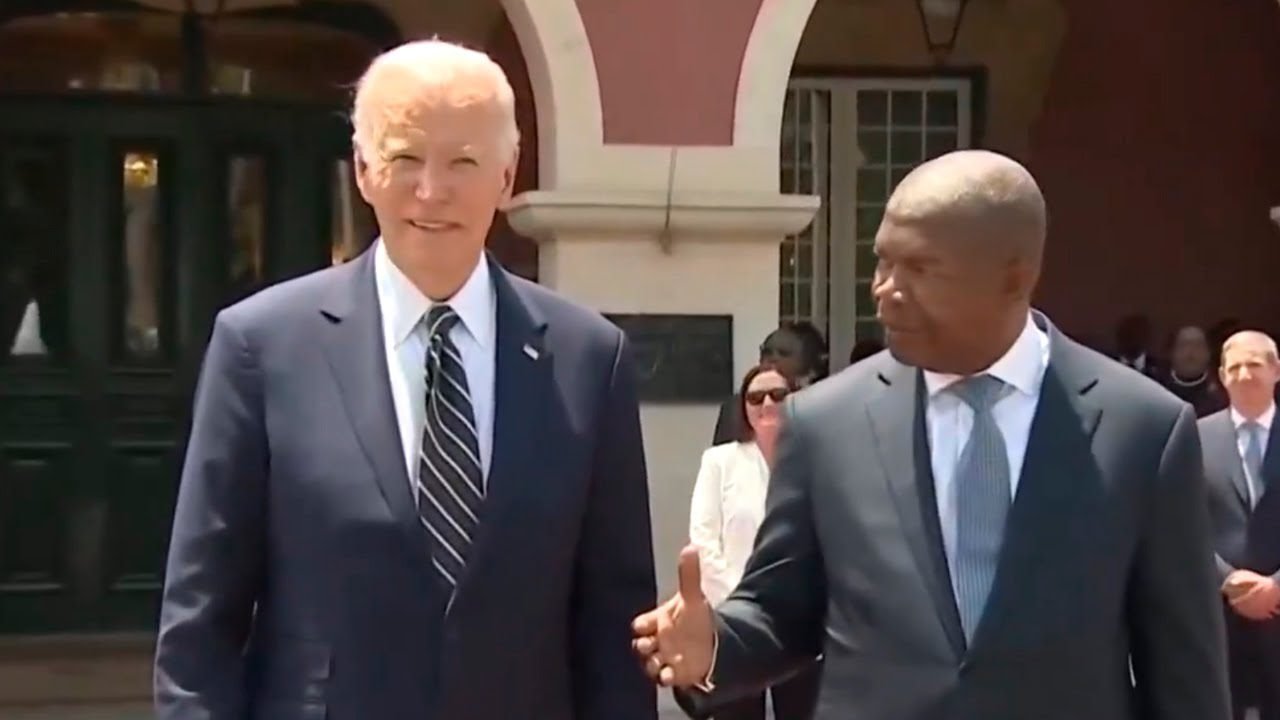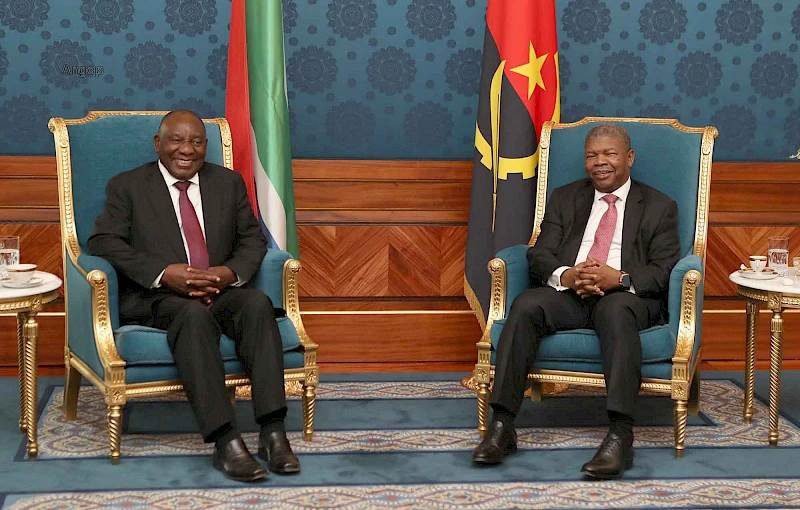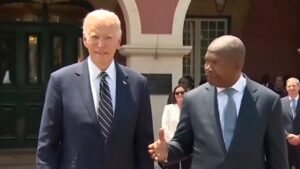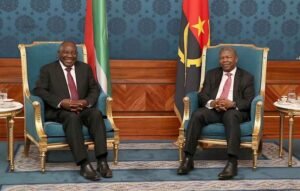Lula Releases Funds from the Savings Account without Inclusion in the Federal Budget: Understand the Controversies and Impacts
Amid heated debates about fiscal management and social priorities, the government of President Luiz Inácio Lula da Silva (PT) recently announced the release of funds from the social program known as “Pé-de-Meia” without their prior inclusion in the Federal Budget.
The measure, which aims to speed up the transfer of benefits to vulnerable groups, has generated mixed reactions among politicians, economists and civil society. While supporters argue that the measure is necessary to combat historical inequalities, critics warn of risks of unconstitutionality and lack of control over public finances.
Learn the reasons behind the decision, its legal implications and the possible repercussions on the Brazilian economy and politics.
Content Topics
What is the Pé-de-Meia Program?
“Pé-de-Meia” is a social initiative created during previous PT governments, with the objective of encouraging the financial inclusion of low-income families.
Its basic operation consists of offering an emergency reserve fund or savings linked to education, health or professional training goals.
For example, families that keep their children in school or participate in vaccination programs can accumulate resources that can be withdrawn in times of crisis or for specific investments, such as micro-entrepreneurship.
The program was originally designed to complement policies such as Bolsa Família, but with a long-term focus, helping to break cycles of intergenerational poverty. Its resources are traditionally allocated via the Federal Budget, with transparency regarding amounts and distribution criteria.
The Lula Government’s Decision
In 2023, faced with pressure to expand the scope of social policies in a scenario of low economic growth, the government chose to release R$2.5 billion from the Savings Fund without including the expense in the Annual Budget Law (LOA).
The justification presented was “social urgency”, with the Planalto claiming that the measure would guarantee immediate aid to millions of Brazilians affected by inflation and unemployment.
According to the Ministry of Social Development, the resources would be redirected from other portfolios with “unused surplus”, such as paralyzed infrastructure programs. However, the lack of a specific budget forecast raised doubts about the legality of the move.
Constitutional and Legal Implications
The 1988 Federal Constitution establishes, in its Article 165, that all public expenses must be included in the Budget, approved by the National Congress. Exceptions are allowed only in cases of public calamity or war, by presidential decree.
Financial law experts, such as jurist Raul Velloso, point out that releasing funds without legislative approval violates the principle of budgetary legality.
The government, in turn, defends itself by citing Article 167 of the Federal Constitution, which allows for the opening of extraordinary credits “to cover unforeseeable and urgent expenses.” Even so, critics question whether the current situation falls into this category, since the increase in poverty is a structural problem, not a sudden emergency.
In addition, the lack of transparency regarding the origin of the funds fuels suspicions of accounting maneuvers. For the Federal Court of Auditors (TCU), practices such as these may constitute “fiscal pedaling,” similar to those that led to the impeachment of Dilma Rousseff in 2016.
Political and Social Reactions
The decision divided opinions across the political spectrum:
Government supporters (PT, left-wing parties and social movements): They argue that the measure is legitimate to combat hunger and inequalities that have worsened in recent years. They cite IBGE data indicating that 33 million Brazilians live in food insecurity.
Opposition (PL, center-right parties and liberal think tanks): They accuse the government of fiscal authoritarianism and of creating a dangerous precedent for deviations. The opposition leader in Congress, Congressman Carlos Jordy (PL-RJ), promised to take action against the measure in the Supreme Court.
Economists: There is concern about the increase in the primary deficit and the possible loss of international credibility. For Bráulio Borges, economist at LCA Consultores, “bypassing the Budget may alleviate crises in the short term, but undermines investor confidence”.
Civil society organizations, such as Oxfam Brasil, support the measure, but demand oversight mechanisms. Business entities, such as Fiesp, fear a negative impact on interest rates and exchange rates.
Economic and Social Impacts
In the short term, the injection of resources may stimulate consumption in poor regions, boosting local economies. Beneficiaries interviewed by BBC Brasil reported that the money will be used to purchase food and medicine.
In the medium and long term, however, the risks are significant:
Inflation: More money in circulation, without a corresponding increase in production, may put pressure on prices, especially for basic items.
Public Deficit: If other areas are defunded to cover the savings, services such as health and education may suffer cuts.
Political Costs: The judicialization of the measure may paralyze transfers, generating instability.
Historical Comparisons
This is not the first time that a government has resorted to extra-budgetary mechanisms. During the pandemic, Bolsonaro used extraordinary credits for emergency aid, but with the approval of Congress. Dilma Rousseff faced crises due to fiscal pedaling in social programs. The difference now is in the context: Lula takes office in a scenario of high public debt (80% of GDP) and a questioned spending cap, which limits room for maneuvers.
Between Social Urgency and Fiscal Responsibility
The release of funds from the Pé-de-Meia without including them in the Federal Budget calls into question the balance between flexibility in the face of crises and respect for democratic rules.
Although the intention to protect the poorest is laudable, the method chosen by the Lula government may have high costs: in addition to challenging the separation of powers, it risks deepening distrust in the economy.
Alternative solutions, such as calling emergency sessions in Congress to redirect funds with transparency, seem more aligned with legality and responsible governance.
In the end, the debate reflects a larger dilemma: how to reconcile social justice with fiscal sustainability in a country still marked by profound inequalities.
Brazilian society, once again, finds itself at a crossroads between the immediacy of needs and the construction of solid institutions. The outcome of this controversy will define not only the future of the Pé-de-Meia, but also the tone of economic management in the coming years.
Share this content:






Publicar comentário